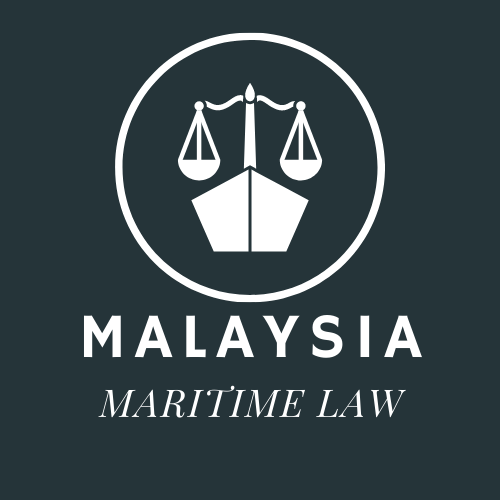Criminal liability for navigational incidents
1. Breach of the COLREGS
A failure to comply with the COLREGS can, irrespective of whether a collision is actually caused, be an offence under the general criminal law or specific statutory provisions.
The Merchant Shipping (Distress Signals and Prevention of Collisions) Regulations 1996 (SI 1996/75), enacting the COLREGS in the UK, provide under regulation 6 that:
“the owner of a vessel, the master and any person for the time being responsible for the conduct of the vessel shall each be guilty of an offence”
which is punishable by a fine or imprisonment for a maximum of two years.
Regulation 6(2) also states that:
“it shall be a defence for any person charged … to show that he took all reasonable precautions to avoid the commission of the offence.”
As a consequence, where the officer on watch commits a breach of the COLREGS, the owner and the master in addition to that officer are all liable for conviction. However, the owner and the master can avoid liability where they can demonstrate that they have done all that they should have in order to avoid the breach.
2. Statutory offences under the Merchant Shipping Act 1995
There are various statutory offences but the most important ones for the present purposes are the following, the details of which you will find in the Essential reading.
a) Not giving assistance to vessels after a collision or to vessels and persons in distress is a criminal offence which applies to senior officers of a ship (sections 92 to 93 of the MSA 1995).
b) Breach of duties to keep proper documentation on board the ship such as log books and charts, and report to other ships in the vicinity and to the authorities dangers in navigation are also serious.
c) Criminal sanctions are attached to oil pollution damage which may result after a collision and these are dealt with under the legislation concerning pollution damage (section131 of the MSA 1995 as well as US pollution legislation and the EU directives).
d) The most serious offences for both the owner and the master of a ship are those under ss.98 and 100 of the MSA 1995. These concern dangerously unsafe ships and unsafe operations of ships. For an example of this see The Safe Carrier.
3. Involuntary manslaughter for breach of duty of care
Individuals can be prosecuted for involuntary manslaughter when their actions are intentional or negligent and lead to death, in addition to whatever consequences they may have for breaching any relevant statutory provisions.
Such prosecution succeeds if the action of the accused satisfies the test of gross negligence and that action caused the death.
Corporations can also be criminally liable under common law. However, in such cases the test must be satisfied by the contact of someone who acts, in the eyes of the law, as the alter ego of the corporation. This has been proven to be a difficult test to satisfy.
The Corporate Manslaughter and Corporate Homicide Act 2007 (CMCHA 2007) has altered this position by prescribing criminal liability for ‘organisations’ if the way in which its activities are managed or organised causes a person’s death and amounts to a ‘gross breach of a relevant duty of care owed by the organisation to the deceased’.
Thus, criminal liability no longer requires an act by someone embodying the company. It suffices that the wording of the Act is satisfied. Section 18 of the CMCHA 2007 abolishes the liability of corporations for manslaughter at common law.
Under the Act an organisation could be held liable if it breaches a ‘relevant duty of care’ owed to the victim and this causes the death of the victim, and, in addition, if the way in which its activities are managed or organised by senior management is a substantial element in the breach of the relevant duty of care.
Section 1(4)(c) of the CMCHA 2007 defines ‘senior management’ as those persons who play a significant role in making decisions on at least a substantial part of how the organisation’s activities are managed/organised. This will depend on the particular organizational structure of the company charged.
The relevant duties of care are specified in section 2 and include ‘the carrying on by the organisation of any other activity on a commercial basis’ and ‘the use … by the organisation of any … vehicle or other thing’ (section 2(1) (iii)). There have been successful prosecutions under this Act.
- For further enquiries or clarification, kindly contact us.

